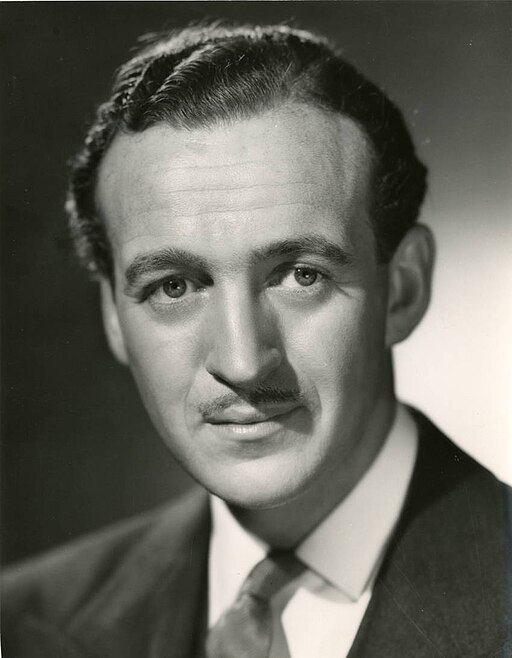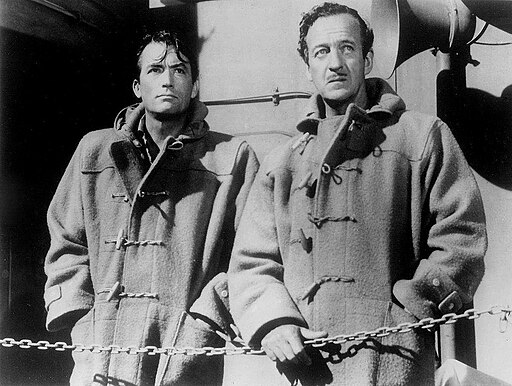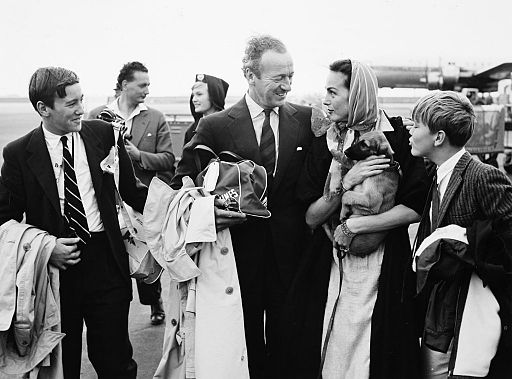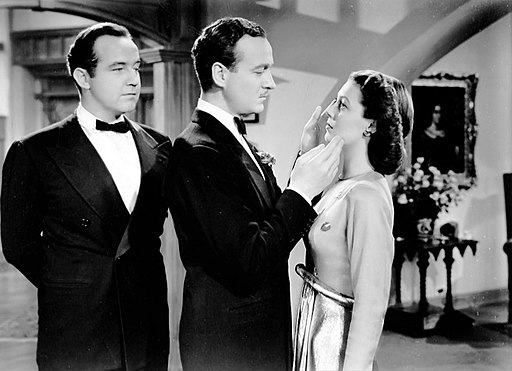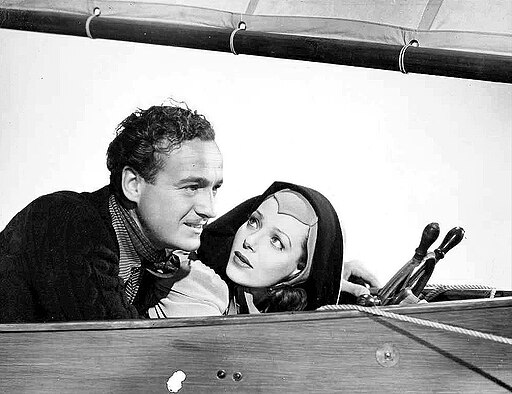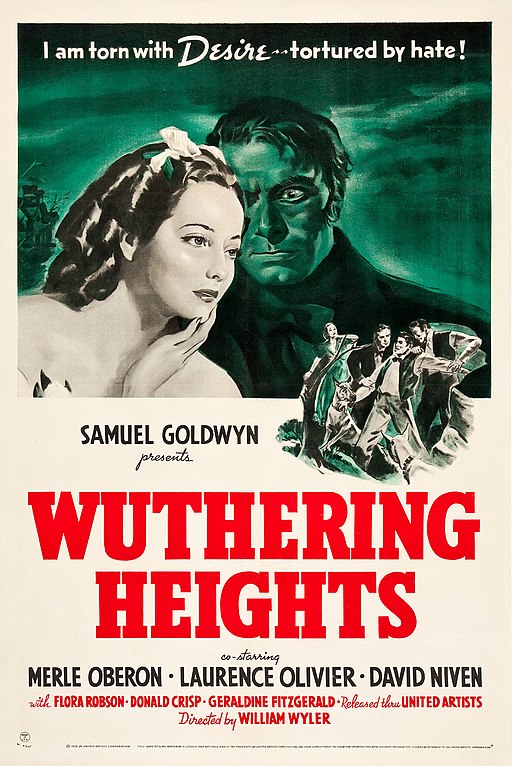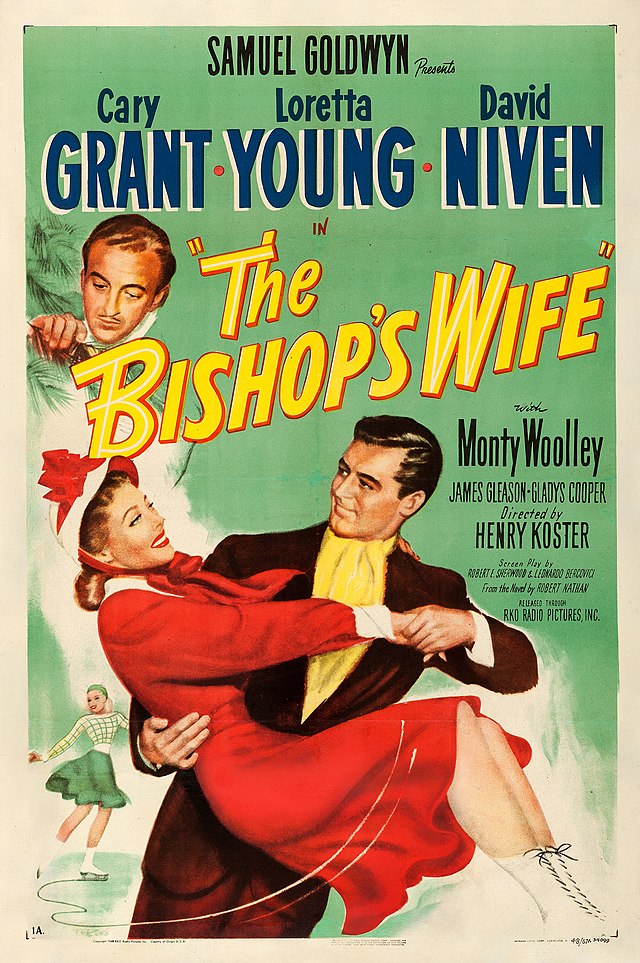David Niven
back| Full Name | James David Graham Niven |
| Stage Name | David Niven |
| Born | March 1, 1910 |
| Birthplace | London, England |
| Died | July 29, 1983 |
| Buried | Château d'Œx Cemetery, Château-d'Œx, Switzerland |
| Married to | Primula Susan Rollo (m. 1940–1946, her death) - Hjördis Paulina Tersmeden (m. 1948 until his death in 1983) |
| Children | David Niven Jr., Jamie Niven (both with Primula Susan Rollo), and he adopted two daughters, Kristina and Fiona, with his second wife, Hjördis |
| Notable films | The Dawn Patrol (1938) - Wuthering Heights (1939) - Separate Tables (1958) - The Guns of Navarone (1961) - The Pink Panther (1963) |
David Niven
The Last of the Gentleman Stars
David Niven was a quintessential English gentleman, known for his polished charm and wit, both on and off the screen. Born in London in 1910, Niven's acting career began in the 1930s, leading to a prolific span of work across several decades.
He became one of Hollywood's most beloved actors, known for roles in classics like "The Pink Panther" and "Around the World in 80 Days." Niven won an Academy Award for Best Actor for his performance in "Separate Tables" (1958).
Related
David Niven (1910 – 1983)
Biography and Career Overview
David Niven, born James David Graham Niven on March 1, 1910, in London, England, was a distinguished British actor known for his wit, charm, and urbane demeanor, qualities that defined his long and successful career in Hollywood. His journey from a troubled childhood to becoming an Oscar-winning actor is a testament to his resilience, talent, and enduring appeal.
Early Years and Education
David Niven's early life was marked by tragedy and instability. He was the son of William Edward Graham Niven and Henrietta Julia Degacher, who died when David was just five years old. His father, a lieutenant in the British Army, was killed in action in World War I shortly thereafter, leaving young Niven in the care of relatives. Despite these early hardships, he received a decent education, attending Stowe School and the Royal Military College, Sandhurst, which paved the way for his brief service in the British Army with the Highland Light Infantry. Disenchanted with military life, Niven resigned his commission and ventured to Hollywood in the early 1930s.
Path to Stardom
In Hollywood, Niven's quintessentially British charm quickly caught the attention of film studios. He started with small roles, gradually working his way up through the ranks of the industry. His breakthrough came with his performance in "The Dawn Patrol" (1938), which established him as a leading man. Throughout the 1930s and 1940s, Niven appeared in a variety of films, showcasing his versatility in both drama and comedy.
World War II saw Niven returning to Britain to rejoin the Army, serving with distinction in the Rifle Brigade and taking part in the Normandy landings. After the war, he resumed his acting career, achieving critical and commercial success with films like "A Matter of Life and Death" (1946), "The Bishop's Wife" (1947), and "Separate Tables" (1958), for which he won the Academy Award for Best Actor.
Personal Life and Passions
Niven's personal life was as eventful as his career. He was married twice, first to Primula Susan Rollo, with whom he had two sons, David Jr. and Jamie. Tragically, Primula died in a freak accident at the home of Tyrone Power in 1946. In 1948, Niven married Hjördis Paulina Tersmeden, a Swedish fashion model. Though their marriage was tumultuous, it lasted until his death.
Niven was known for his passion for literature and writing; he authored two bestselling novels, "Round the Rugged Rocks" and "Go Slowly, Come Back Quickly," as well as a memoir, "The Moon's a Balloon," which offered insights into his life and the golden age of Hollywood.
Death and Legacy
David Niven's life came to a close on July 29, 1983, in Château-d'Œx, Switzerland. He had been suffering from motor neuron disease (also known as ALS or Lou Gehrig's disease), which he battled with dignity and courage. Niven was buried in Château-d'Œx Cemetery, leaving behind a legacy that extended beyond his cinematic achievements.
David Niven is remembered not just for his roles in iconic films but for his gentlemanly demeanor, his bravery in World War II, and his contribution to literature. His wit, charm, and the grace with which he conducted himself both on and off the screen remain emblematic of a bygone era in Hollywood. Niven's journey from a challenging childhood to Hollywood stardom, coupled with his personal trials, successes, and enduring legacy, paints the picture of a man who was much more than just an actor; he was a true gentleman of the silver screen.
David Niven on the Dick Cavett Show:
Notable Movies with David Niven:
1930s
- "Dawn Patrol" (1938): Niven played a World War I pilot facing the harsh realities of war, showcasing early signs of his depth as an actor.
1940s
- "The Way Ahead" (1944): A war film where Niven plays a lieutenant leading a group of inexperienced soldiers, highlighting his ability to portray leadership and camaraderie.
- "A Matter of Life and Death" (1946): As a pilot who must argue for his life in a celestial court, this film blends fantasy and romance in a visually stunning manner.
1950s
- "The Moon is Blue" (1953): A romantic comedy that was controversial for its time due to its frank discussion of seduction and virginity.
- "Around the World in 80 Days" (1956): Niven starred as Phileas Fogg in this adventure-comedy, embarking on a global journey. This film showcased Niven's charm and wit, making it one of his most memorable roles.
1960s
- "The Guns of Navarone" (1961): As part of a team sent to destroy giant guns on a Nazi-occupied island, this war film highlights Niven's versatility.
- "The Pink Panther" (1963): Niven plays Sir Charles Lytton, a suave thief, in this iconic comedy that began a beloved franchise.
1970s
- "Murder by Death" (1976): In this murder mystery spoof, Niven plays a sophisticated detective, showcasing his comedic skills.
1980s
- "The Sea Wolves" (1980): One of Niven's final films, where he reunites with Gregory Peck and Roger Moore for a World War II adventure based on true events.
Analysis of Acting Style of David Niven:
David Niven's acting style was characterized by his quintessential British charm, sophistication, and a debonair demeanor that made him a natural for roles of the well-bred gentleman. Niven's performances often combined a light comedic touch with a sense of earnestness and sincerity, making him equally adept at both comedic and dramatic roles. His ability to convey depth and emotion with subtlety and wit set him apart as one of the most versatile actors of his time.
Niven's on-screen persona was often that of the archetypal Englishman—urbane, witty, and unflappable. He had a knack for delivering lines with a perfect timing and a dry, understated humor, which endeared him to audiences worldwide. His comedic style was never over-the-top; instead, it relied on a nuanced understanding of the character and situation, allowing him to play roles ranging from the suave jewel thief in "The Pink Panther" to the beleaguered protagonist in "The Bishop's Wife" with equal aplomb.
In dramatic roles, Niven displayed a remarkable range, able to convey complex emotions and inner turmoil with a subtle expressiveness. His performance in "Separate Tables," for which he won an Academy Award for Best Actor, showcased his ability to portray vulnerability and depth, embodying a character plagued by shame and a desperate need for redemption. This role demonstrated Niven's capacity to navigate the complexities of human psychology, making him a compelling and relatable figure on screen.
Niven's acting style was also marked by his impeccable timing and presence, which allowed him to command the screen whether in leading or supporting roles. He had a unique ability to connect with his co-stars, creating believable and dynamic relationships that enhanced the narrative of his films. His performances were often noted for their elegance and grace, qualities that he brought to every character he portrayed.
Throughout his career, David Niven managed to maintain a balance between his screen persona and his acting prowess. He was not just playing himself; he imbued each character with a distinct identity, leveraging his natural charisma while exploring the nuances that made each role unique. Niven's style was a blend of the traditional and the innovative, embodying the best of classic Hollywood while also pushing the boundaries of character and performance.
In summary, David Niven's acting style was a testament to the power of subtlety, sophistication, and depth. He remains a beloved figure in cinema history, not only for his iconic roles but for the elegance, humor, and humanity he brought to every performance.
Memorable Quotes from David Niven:
- On Hollywood: "Hollywood is where they shoot too many pictures and not enough actors."
- On his acting technique: "Keep it simple. Make a blank face and the music and the story will give you the emotion."
- On life and aging: "There's nothing you can do about age. It's just the way life is. I've managed to accept it with some grace."
- On his approach to life: "I have a face that is a cross between two pounds of halibut and an explosion in an old clothes closet."
- On success: "The only laugh that man will ever get in his life is by stripping and showing off his shortcomings."
- Reflecting on his career and life: "I've been lucky enough to win an Oscar, write a best-seller - my other dream would be to have a painting at the Louvre. The only way they'd let me in would be to buy a ticket."
- On relationships and love: "Marriage is a series of desperate arguments people feel passionately about."
- On his wartime service: "I will, however, say that I am immensely proud to have been able to wear my uniform. It's the only honourable thing that has ever happened to me."
Awards and Recognition:
Academy Awards (Oscars)
1959: Won Best Actor in a Leading Role for "Separate Tables." This performance, where he played a troubled British Army officer, showcased Niven's ability to handle complex characters with depth and sensitivity.
Golden Globe Awards
- 1959: Won Best Actor – Motion Picture Drama for "Separate Tables." Niven's portrayal in the film not only earned him an Oscar but also recognition from the Golden Globes, underlining his skill in dramatic roles.
- 1981: Received the Cecil B. DeMille Award, an honorary award for "outstanding contributions to the world of entertainment." This award recognized Niven's long and distinguished career in Hollywood.
BAFTA Awards
David Niven was nominated for BAFTA awards, highlighting his performances in British cinema as well as his international appeal. However, details of specific nominations require further lookup to provide precise information.
Other Honors and Recognitions
In addition to these awards, Niven received various international accolades and honors throughout his career, reflecting his global appeal and the respect he garnered among audiences and peers alike.
David Niven's acting style and on-screen presence were characterized by his charm, wit, and sophistication. He often portrayed the quintessential English gentleman, bringing elegance and a sense of humor to his roles. Niven's ability to excel in both comedic and dramatic parts made him a versatile actor, respected and beloved by fans around the world.
His performances in films such as "Separate Tables" and "The Moon is Blue," among others, demonstrated his range and depth as an actor. Niven's career, marked by critical and commercial success, made him one of the most memorable figures in the Golden Age of Hollywood. His awards and nominations are testament to his talent and contribution to the film industry.
Comprehensive List of Movies with David Niven:
1930s
- Without Regret (1935)
- Rose-Marie (1936)
- Dodsworth (1936)
- Thank You, Jeeves! (1936)
- The Charge of the Light Brigade (1936)
- We Have Our Moments (1937)
- The Prisoner of Zenda (1937)
- Dinner at the Ritz (1937)
- Bluebeard's Eighth Wife (1938)
- The Dawn Patrol (1938)
- Wuthering Heights (1939)
- Raffles (1939)
1940s
- Eternally Yours (1939)
- The Real Glory (1939)
- Bachelor Mother (1939)
- The First of the Few (1942)
- The Way Ahead (1944)
- A Matter of Life and Death (1946)
- The Bishop's Wife (1947)
- Bonnie Prince Charlie (1948)
- Enchantment (1948)
1950s
- A Kiss in the Dark (1949)
- The Elusive Pimpernel (1950)
- The Toast of New Orleans (1950)
- Happy Go Lovely (1951)
- Appointment with Venus (1951)
- The Lady Says No (1952)
- The Moon is Blue (1953)
- The Love Lottery (1954)
- Carrington V.C. (1955)
- The King's Thief (1955)
- Around the World in 80 Days (1956)
- Oh, Men! Oh, Women! (1957)
- My Man Godfrey (1957)
- Separate Tables (1958)
- Bonjour Tristesse (1958)
1960s
- Ask Any Girl (1959)
- Happy Anniversary (1959)
- The Guns of Navarone (1961)
- The Best of Enemies (1961)
- Bachelor in Paradise (1961)
- The Road to Hong Kong (1962)
- Condemned of Altona (1962)
- Guns of Darkness (1962)
- The Pink Panther (1963)
- Bedtime Story (1964)
- Where the Spies Are (1966)
- Eye of the Devil (1966)
- Casino Royale (1967)
- Prudence and the Pill (1968)
- The Impossible Years (1968)
- The Brain (1969)
1970s
- Before Winter Comes (1969)
- The Statue (1971)
- King, Queen, Knave (1972)
- The Serpent (1973)
- Paper Tiger (1975)
- Murder by Death (1976)
- Death on the Nile (1978)
- A Nightingale Sang in Berkeley Square (1979)
1980s
- The Sea Wolves (1980)
- Better Late Than Never (1983)

